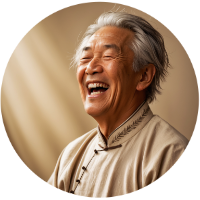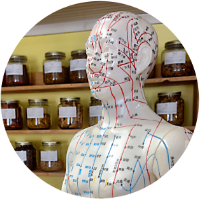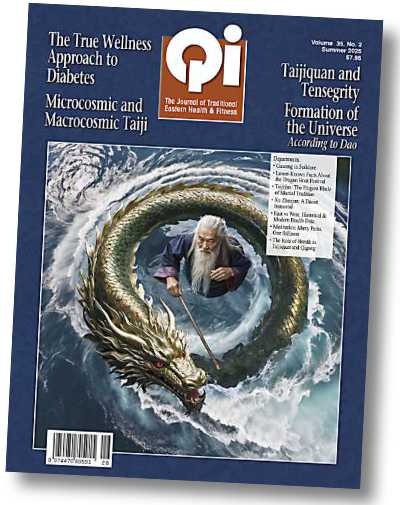Emotions and Health:
The Inner Weather of Wellbeing
In Western cultures, emotions are often seen as psychological events—things we feel, manage, or talk about. But in traditional Chinese medicine (TCM), emotions are more than feelings. They are also internal energies, closely connected to the body’s organs and vital systems.
Joy, anger, worry, fear, grief—these are not simply moods. They are part of the landscape of the human experience, and each one affects the flow of Qi (vital energy) in the body. When emotions are experienced fully and allowed to pass, they can be natural and even healing. But when they linger or become excessive, they can create imbalance in the body’s internal environment—what Chinese medicine calls “disharmony.”
Each primary emotion in TCM is linked to a specific organ system. Anger relates to the liver, worry to the spleen, fear to the kidneys, grief to the lungs, and excessive joy to the heart. For example, long-held anger or frustration may lead to tension in the chest or headaches due to stagnant Liver Qi. Chronic worry can weaken Spleen Qi, affecting digestion and energy levels.
This doesn’t mean emotions are bad or should be suppressed. In fact, Chinese medicine emphasizes that expressing emotions appropriately is essential for health. What matters is how we relate to them—whether we hold on, act them out, or allow them to flow and transform.
Daily lifestyle practices help manage the emotional landscape. Gentle movement, like Qigong or walking, can help move stuck Qi. Deep breathing, quiet sitting, and time in nature can help settle the Shen (spirit). Even simple things like keeping a clean space, eating warm food, or spending time with a kind friend can support emotional regulation.
In this view, emotions are not “mental health” issues separate from the body. They "are" the body. And caring for emotional balance is just another way of practicing medicine—soft, steady, and daily.
Vocabulary Guide
- Qi (气) – The body’s life energy. Emotions can affect the flow of qi, creating health or imbalance depending on how they are experienced.
- Liver qi (肝气 gān qì) – In TCM, the liver governs the smooth flow of energy. Anger and frustration can cause liver qi to become stuck or rise upward, affecting both mood and physical symptoms.
- Spleen qi (脾气 pí qì) – The energy of the spleen system, associated with digestion and thought. Worry or overthinking can weaken it, leading to fatigue or digestive issues.
- Shen (神) – The spirit or consciousness. Emotional health depends on a settled shen, supported by rest, stillness, and a peaceful environment.
- Qigong (气功) – A traditional Chinese practice combining breath, posture, and movement to regulate qi and support emotional and physical balance.









